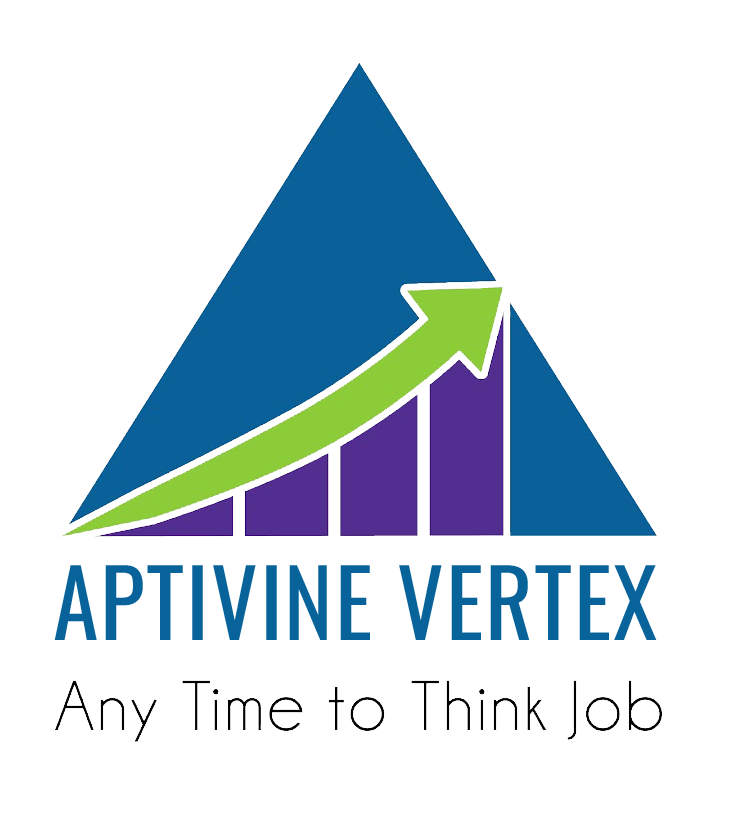Course Title: Basic Computer Skills for Medical Students
poster
| Date : | ||
| Location | No of Seats | Freebies |
| Hyderabad | 70 | Food, Notes, Pen, Material |
| Method | Premises | Experts |
| Live Training | Banquet Hall | Communication Skills Experts |
Course Description:
A course titled “Basic Computer Skills for Medical Students” typically focuses on equipping medical students with essential computer and digital literacy skills that are relevant to their studies and future medical practice. Here’s an overview of what such a course might cover
Course Content:
1. Introduction to Computer Basics
- Operating Systems: Understanding the basics of Windows, macOS, or Linux.
- File Management: Creating, saving, organizing, and managing files and folders.
- Software Installation: How to install and update software applications.
2. Microsoft Office Suite
- Word Processing: Using Microsoft Word or similar programs for creating and formatting documents, including medical reports and research papers.
- Spreadsheets: Basics of Microsoft Excel or equivalent, including data entry, basic formulas, and creating simple charts.
- Presentations: Using Microsoft PowerPoint or similar tools to create and deliver presentations, such as case studies or research findings.
3. Internet and Email Proficiency
- Web Browsing: Navigating the internet effectively, using search engines, and evaluating online resources.
- Email Management: Composing, sending, and organizing emails; understanding email etiquette and security practices.
4. Digital Health Tools
- Electronic Health Records (EHRs): Introduction to using EHR systems, understanding their importance, and navigating through patient data.
- Medical Databases: Accessing and utilizing online medical databases and resources, such as PubMed and UpToDate.
5. Data Security and Privacy
- Basic Cybersecurity: Understanding threats and implementing practices to safeguard personal and patient data.
- Confidentiality: Ensuring compliance with regulations such as HIPAA (Health Insurance Portability and Accountability Act) for patient information.
6. Clinical and Research Applications
- Data Analysis Tools: Basics of using statistical tools or software for research purposes.
- Medical Imaging: Understanding and viewing basic medical imaging files if relevant.
7. Problem-Solving and Troubleshooting
- Common Issues: Identifying and resolving common computer problems and errors.
- Technical Support: Knowing when and how to seek help for technical issues.
8. Practical Exercises and Applications
- Hands-On Practice: Applying skills through practical exercises, such as creating a patient report or conducting a literature review.
- Case Studies: Utilizing case studies to simulate real-world applications of computer skills in medical contexts.
Who can Learn:
The goal of the course is to ensure that medical students are comfortable with essential computer tasks, which will help them manage their academic work, research, and future clinical practice efficiently and securely.
Prerequisites:
No formal prerequisites are required, but a willingness to engage in interactive learning and practice is essential.
Highlights
- Earn a certificate after successful completion of the program
- Learn from industry experts
| Duration | Total fee | Mode of learning | Credential | Offered by |
| 10 Hrs | Free | Classroom | Certificate | APTIVINE VERTEX |
